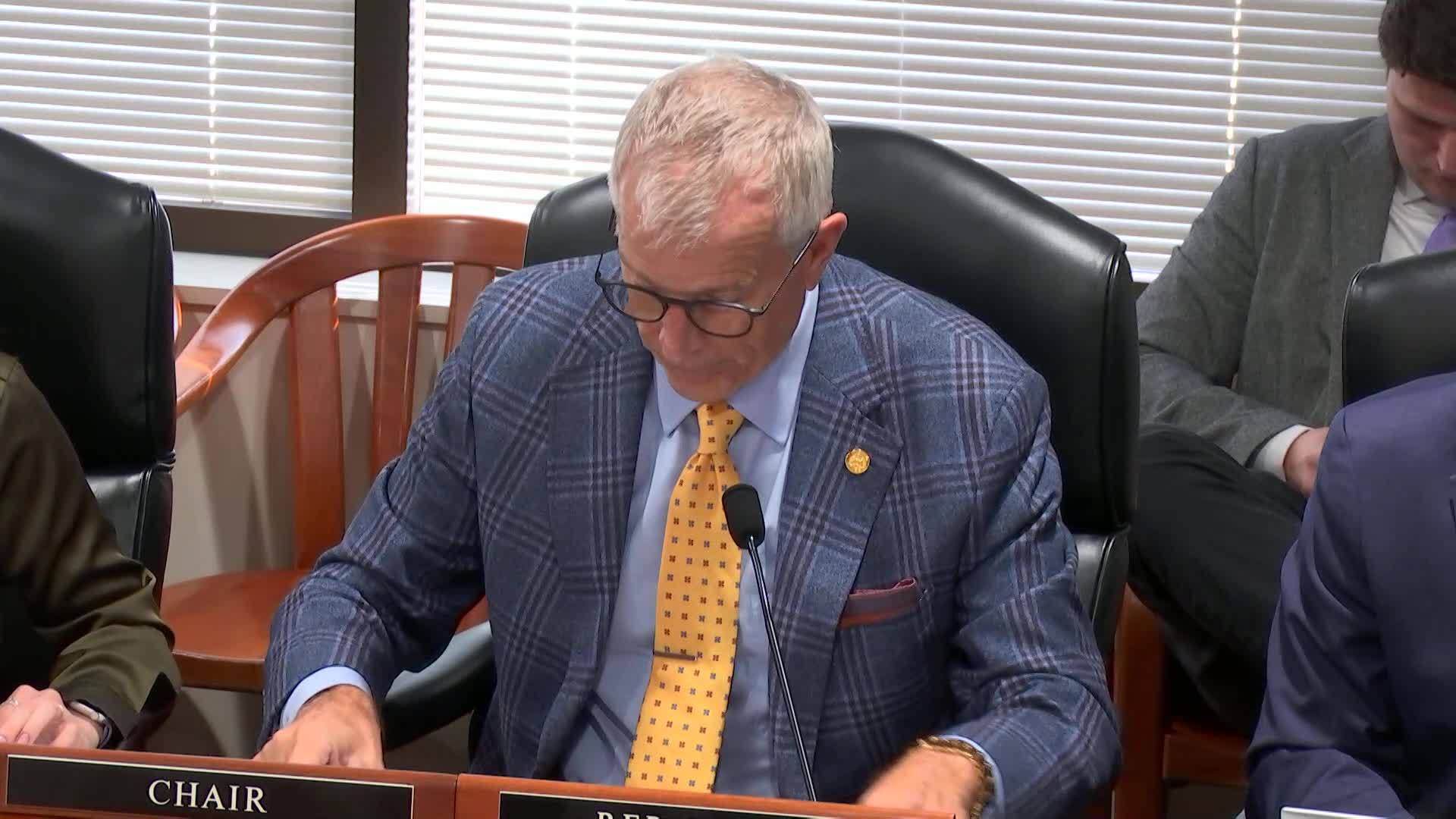Panel advances bill setting postmark and electronic‑payment rules for tax receipts after debate
Get AI-powered insights, summaries, and transcripts
Subscribe
Summary
The committee adopted an H‑3 substitute clarifying postmark and electronic‑payment receipt dates and later reported House Bill 4799 with recommendation; municipal treasurers urged further collaboration and raised practical concerns about postmark handling.
The House Committee on Finance on Oct. 21 advanced House Bill 4799 after adopting an H‑3 substitute that specifies when postmark dates and electronic submission dates are considered the date of receipt for tax payments. Committee members ultimately voted to report the bill with recommendation under the H‑3 substitute in a later roll call that recorded 9 yes, 1 no and 5 pass.
Representative Leitner, presenting the H‑3 substitute, said the text would treat a postmark as the date of receipt if the postmark is not less than five days before the applicable due date and the taxpayer can provide documentation validating the postmark. If the postmark is later than five days before the due date but not later than the due date, the postmark may still be considered the date of receipt. The substitute also states that an online submission date must be considered the date of receipt if the taxing unit accepts online payments and clarifies that electronic payments do not include payments made via external banking applications or peer‑to‑peer platforms; only established platforms maintained by the tax collector qualify.
John Globensky, identifying himself with the city of Grand Rapids, told the committee municipal treasurers do not agree on a uniform postmark process and expressed concern that the substitute could create operational burdens for small municipalities. "The current process as I see it isn't broken," Globensky said, and described Grand Rapids' practice of accepting postmarks up to seven days after the due date and extensive use of electronic processing. He warned that large processing centers can alter dates on mailed payments and urged lawmakers to collaborate with local treasurers to craft language that reflects municipal best practices.
The committee record includes several submitted witness cards: the Michigan Municipal League and the Michigan Township Association registered opposition on their cards; the Detroit Regional Chamber, NFIB, and the Michigan Chamber registered not wishing to speak but indicated support on their cards. The committee first adopted the H‑3 substitute on voice/roll call earlier in the hearing; that vote was reported as 14 yay, 0 nay, 1 pass. The later motion to report the bill with recommendation as H‑3 passed on the final roll call 9 yes, 1 no, 5 pass, as shown in the clerk's roll call.
